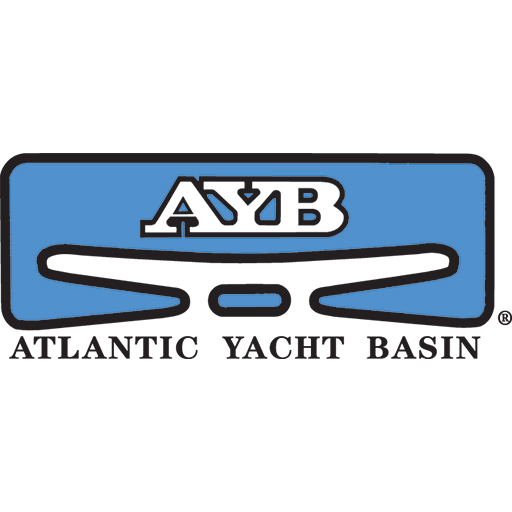The Evolution of Electric Boats

Electric boats have been around for over 120 years. They were popular in the late 1800’s and into the early 1900’s but lost popularity when people began to switch to internal combustion engines. Electric boat manufacturers are still around, but they aren’t popular choices. Electric vehicles have consistently been a difficult market to crack. The market is unpredictable and the first thing to go during economic downturns is often environmentally friendly products that tend to cost more than their less green counterparts.
The boating industry is not one that is usually aligned with the term eco friendly. Pollution, invasive species and littering are all issues we’ve come to accept as being part of the industry. There have been many attempts at popularizing electric boats over the years, but none have been particularly successful. Companies like Duffy Electric Boats have been around for decades but aren’t household names. The Duffy tops out at about 5 miles per hour, which limits the recreational uses for the boat. This has been a common theme for electric boats in the past, accentuating the need of an electric boat that can “do it all”.
Trying to establish an electric boat that is versatile, powerful and sustainable is a challenge. However, Andy Rebele is stepping up to the plate. He has been working for years to create an electric boat that appeals to a larger audience. Through his startup, Pure Watercraft, he is hoping to make boating clean and quiet. The company is dedicated to creating boats that are on par with what Tesla is doing in the automotive industry. They are working to maintain the power of the boat while using an electric engine. Rebele is rethinking the entire boat, not just the engine, and looking for solutions to some of the most basic problems associated with boating.
Noise and smell are some of the more unpleasant parts of boating. Combustion engines are loud and produce exhaust that can be nauseating when sitting close to the engine. The gas fumes and noise are both problems that boaters have had to put up with for decades. Electric boat engines are by nature quieter and obviously there are no fumes, creating a much more pleasant user experience. Pure Watercraft is taking things a step further by placing added importance on the weight of the engine, keeping it light to improve performance. The batteries are kept cool using a phase change material to boost their longevity. Both concepts mimic what Elon Musk has done with Tesla’s cars. By using the Pure Watercraft engine, boaters are reducing emissions and fossil fuel reliance without losing the performance of their vehicle. They are also decreasing noise pollution on the waterways, which is not only beneficial in an environmental sense, but can improve fishing.
According to CleanTech Alliance “with Pure Watercraft, customers can eliminate power train maintenance, charge batteries at the dock, and reduce motor noise to nearly zero. Daily boaters can save more than 50% over a 20 year period”. Those are huge savings that come with switching to Pure Watercraft’s electric engine. With that kind of incentive it makes it an ideal choice for boaters. Not only are they saving money, but helping the environment as well. This sort of cost savings make the company less susceptible to profit losses during financial downturns, which has been a constant problem in the electric vehicle market.
Congress issued the Clean Boating act in 2008 as an amendment to the Clean Water Act. The Clean Boating Act tries to combat the issues associated with discharges from recreational boats and regulate procedures to reduce the pollution. According to the U.S. Environmental Protection Agency boating can cause high toxicity in the water; increased pollutant concentrations in aquatic organisms and sediments; increased erosion rates; increased nutrients, leading to an increase in algae and a decrease in oxygen (eutrophication); and high levels of pathogens. A large amount of the pollution is caused by poorly maintained boats that leak fluids into the waterways. By eliminating the fluids in the engine itself, not only do electric boats have reduced maintenance costs, but there are also no fluid leaks.
For years, the concept of green boating has been limited due to a lack of options, Pure Watercraft has created a viable option without losing the integrity or functionality of the boat. This could be the future of the electric boat market, leaving the option open for others to mimic the strategy Musk and Rebele have laid out.
